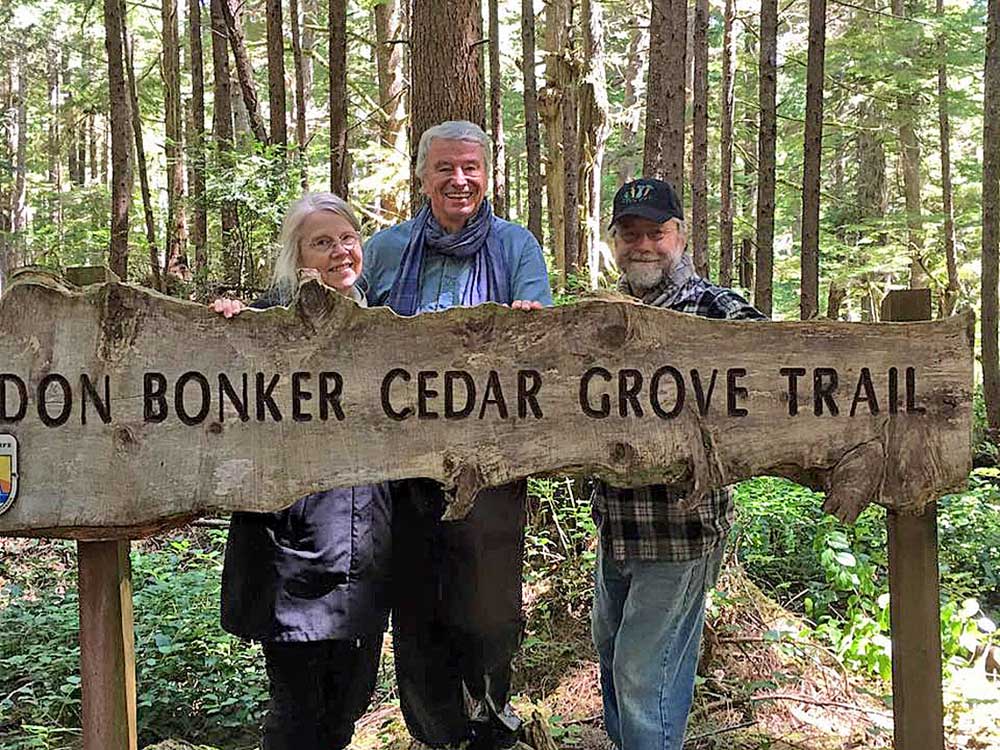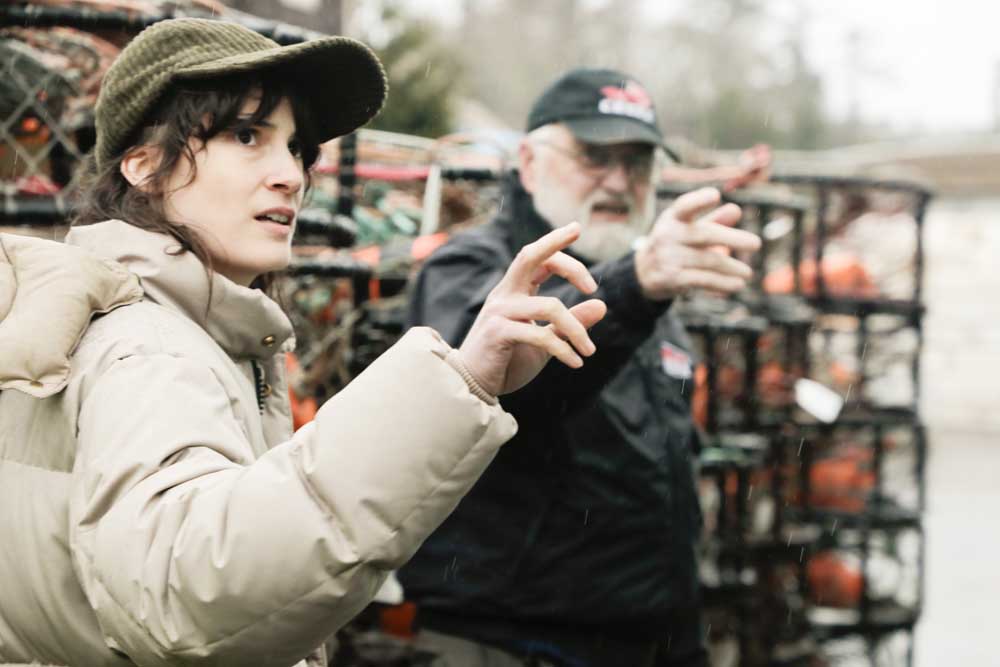Guest Column: Don Bonker was part of a Golden Age
Published 9:53 am Monday, June 5, 2023

- Former Third Congressional District U.S. Rep. Don Bonker paid a visit in 2016 to the trail that bears his name on Long Island in Willapa National Wildlife Refuge, where his efforts helped permanently conserve a grove of ancient red cedars. With him are Laurie Anderson and David Campiche of Seaview, both conservationists in their own right. Bonker served our area from 1975 until 1989. He died last week.
Don Bonker’s passing last week is a reminder of a golden age of congressional representation, which two counties of the Lower Columbia enjoyed in the 1980s. Congressman Bonker represented Pacific County, while Congressman Les AuCoin represented Clatsop County. Paired with powerhouse senators Mark Hatfield of Oregon and Henry Jackson and Warren Magnuson of Washington, big things happened.
Trending
Bonker and AuCoin were emblematic of a time when men and women went to Congress with the aim of making something positive happen. They were members of the co-called Watergate class of Congress — a sort of reformation group that arrived following President Richard Nixon’s resignation.
During my 10 years as a Capitol Hill correspondent, I had the good fortune to watch Bonker at close range. He and I shared a certain political lineage. Bonker had been a legislative intern for Oregon U.S. Sen. Maurine Neuberger and I had been her page.
If I were to choose two adjectives to describe Bonker they would be earnest and forthright. Said former Congressman AuCoin: “Don was one of the most decent politicians I knew. His moral compass was always on true north. Devoted to good will, he had no time for anger.”
Trending
In the parlance of Robert Patrick’s 1973 play “Kennedy’s children,” the assassinated president was Bonker’s undying inspiration. In his House office was a bust of Robert F. Kennedy and on the wall was a photo of John F. Kennedy.
On Bonker’s desk was a copy of the Living Bible. A devout Christian, Bonker did not hide his faith, but he also did not advertise it or use it as a political tool. During a July day I followed him, Bonker said: “It certainly affects my work. I don’t think it makes me superior. If you live your faith, people will be drawn to you. I don’t try to broadcast my faith — I try to live it. I don’t ever speak from the pulpit. I am cautious about merging the pulpit and politics.”
Lumber, fisheries and aging issues were his main focus. He also maintained an international trade perspective. He was one of the few congressmen who tried to comprehend Africa.
Creation of the Mount St. Helens National Volcanic Monument was Bonker’s major regional accomplishment. Said AuCoin: “After Mt. St. Helens erupted, we flew with President Jimmy Carter on Air Force One to survey its impact in our districts. While everyone in the Northwest delegation concentrated on damage, Don, alone, focused also on preserving the volcano’s site for science and history. That was emblematic of Don. He always looked at the big picture.”
Less visible but especially significant to Pacific County was Bonker’s role preserving the old-growth cedar grove on Long Island in Willapa Bay. A trail through those trees was subsequently named for Bonker.
Both Bonker and AuCoin served at a time when members of Congress maintained personal friendships. They were not cardboard cutout figures. They were real people whose insights and accomplishments moved well beyond party talking points.









